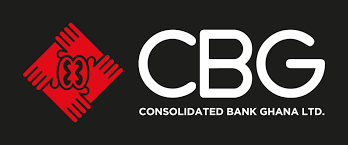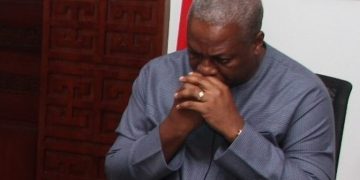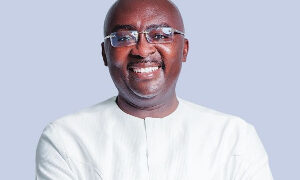Famed Ghanaian economist, Kwame Pianim, has said Ghana’s development is still at the stage of a plane on a tarmac yet to take off and get to its right destination.
Speaking on Joy News’ PM Express on Wednesday after delivering a lecture titled “Re-Imaging Ghana’s Development”, the onetime financier of the governing New Patriotic Party (NPP), said “Development is like a plane taking off. You start on a tarmac, you need critical mass to push off. But in Ghana, all these 62 years, we’ve been on the tarmac. We haven’t taken off. We’ve been on the tarmac all the time. Whenever we seem to be going something blows us off and we come back on the tarmac” he lamented.
According to him, the critical mass needed for the country’s take-off to economic prosperity has not been given adequate attention as other nations have done.
He said although Ghana has gotten some of the foundations like political stability right, the failure in the areas of macroeconomic stability has been a major setback.
“To get to the take-off, you need certain pillars; first of all, political stability. Fortunately for Ghana, we’ve achieved relative political stability. We know how to talk to one another without killing one another. We have elections and not too many people die. We change governments, fantastic.
I was talking to an Ethiopian once and he said you Ghanaians you’ve done well, and I also said you Ethiopians are doing well. Then he said look, we haven’t solved the political problem and look at what is happening. If you don’t solve the political problem, sooner than later you have to be killing one another.”
“So, political stability and then macroeconomic stability. If you don’t have macroeconomic stability and your cedi is going up and down, it means young people don’t have any incentive to save to buy houses. They have to have a place in the banking system where their money is safe, and where their assets are safe. Then there is security; you know that when I go to work and come back home, my shirt that I left there will be there, so that’s also very important.
He further explained that once all these pillars are in place, a smooth take-off is assured towards a thriving destination.
He, however, mentioned that without taking advantage of the available resources which he calls the springboard in any country for take-off, a prosperous destination would be a mirage, as it is in the case of Ghana.
So when you have all those stabilities, then you can take off. But before taking off you need a springboard. In every country, your people look at the global supply chain and say what is there that we can supply uniquely using our natural resources and our human resources?.”
And I use Korea as an example. Korea had garments, textiles and wigs and that’s how they started and they took off. And we [Ghana] were with them there with cocoa, gold, but we haven’t processed much cocoa, we don’t process the gold, and still, that’s what we are doing so we still haven’t taken off.
The take-off does not only require getting the big things right but also the small things right” he added.
He said after a smooth take-off, the next stage is self-reinforcing growth where institutional stability, checks and balances among others become the focus to sustain the gains.
“Development not unlike a plane in flight; critical mass for take-off is fuelled by sacrifice” he noted.
According to Mr Pianim, “The enemy that has kept us stalled on the tarmac unable to gather critical mass for take-off is corruption immersed in a web of fiscal indiscipline and procurement fraud.
Ghana must check population growth
The one-time presidential aspirant also spoke about the need for Ghana to control its population.
According to him, at the current population annual growth rate of 2.1 per cent, Ghana risks hitting almost 70 million people by 2057 if the right steps are not taken.
“The problem is this, if you don’t modulate your population, you have more mouths to feed, education, and infrastructure for the people. And when I tried to do our population, 2057, how big will we be? If we go on the trend that we are on, a 2.1 per cent annual rate of growth, we will be almost 70 million, 69 million people. Where are we going to put all these 69 million people?
Then if we modulate it slightly, we’re about 52. But with a little bit more robust management, we will come to 45. I think 45 million we can live with in 2057.”
Ghana’s current high fertility rate and declining mortality, have kept the annual growth rate at around 2.1%.
To change the current development trajectory, Mr Pianim said Ghana needs “to lower the annual rate of population growth from 2.1% and our women cannot continue to average six children.
No nation has developed with an annual population growth rate of 2% and above” he cautioned.

































































































